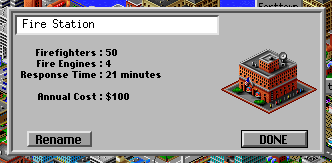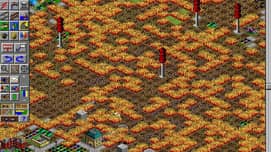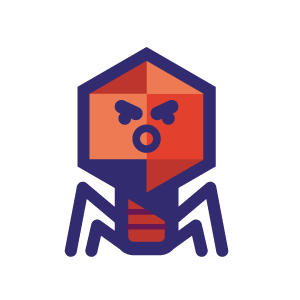As always, if you haven’t already, head over and join our discord to hear about new Dev Diaries as soon as they go up!

Handling a Crisis
Well… This seems as good a time as any to talk about a feature we rebuilt in recent months. By now, we are all likely aware of how disease can affect society. This is something that’s been a consideration in To The Rescue! for a while. For this post, I’ll be diving into how the disease system works. In many ways, recent events will make ‘teaching’ this mechanic easier. Concepts like social distancing, quarantining, and how hygiene affects health, are certainly much more front and center in peoples minds now.
A classic element of management games are ‘crises’. They are often about building systems that become more and more efficient as you progress but these efficient systems can often develop weaknesses. Crises in are a way of creating tension that force the player to reevaluate their strategy or take proactive steps to mitigate future risk. A classic example are the natural disasters in the SimCity franchise.
Players have to decide whether they want to spend time and resources preparing for the variety of disasters that could beset their city or focus on expanding as much as possible. Have they planned ahead and for the right threat? Mechanics like these help provide fresh new challenges and keep the game interesting.
Simulating Sickness
Communicable diseases are one way we are trying to create these variances in game play. They were one of the first features we added after getting the dog’s core needs implemented and it’s developed quite a bit since then.
It was an intuitive choice for us because most people are probably pretty familiar with the kinds of vaccines and treatments their dog needs. Anyone who’s encountered a flea problem in their home knows the importance of preventative care.
There are four varieties of afflictions in the game. External Parasites, Internal Parasites, Viral, and Bacterial. Each one requires a different treatment and spread at different rates. Additionally, factors like physical proximity and hygiene affect how quickly diseases can spread.
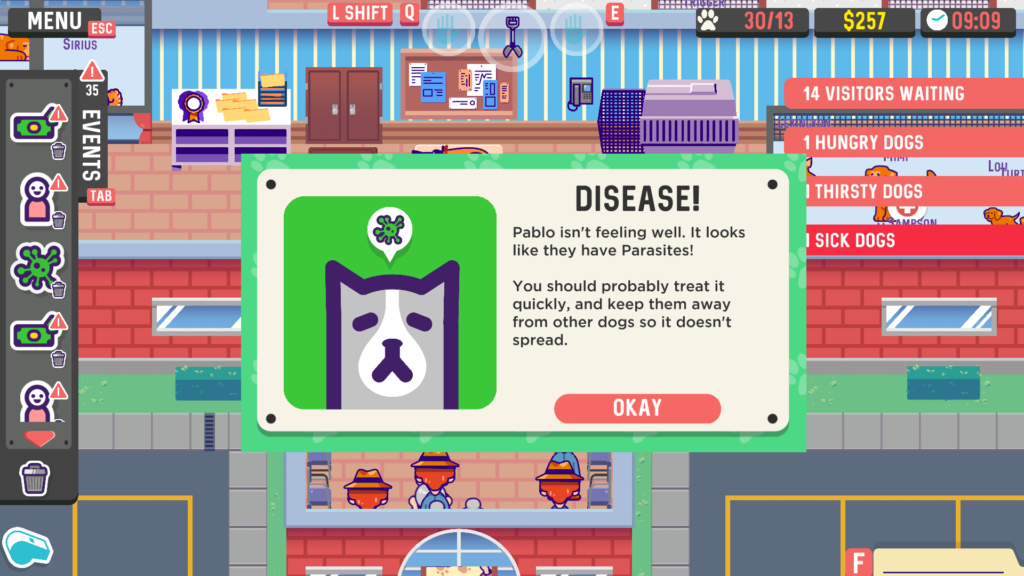
Each time a dog comes into close contact with another dog, we check each of these factors to determine if the disease spreads. Sickness represents a huge impact to a dog’s welfare and in turn, their adoptability. An outbreak left unchecked can spell disaster for a shelter and they dogs they house.
Staying Healthy
But players aren’t helpless against the spread of disease. They have a number of options to slow and prevent the spread of disease in their shelters. The most effective is preventative treatments. Treating a healthy dog will protect them from future exposure to that disease.
Providing each dog that enters the shelter with a full set of vaccines and treatments can be expensive though. Players may not have the resources to do so, or disease may strike before they are able.
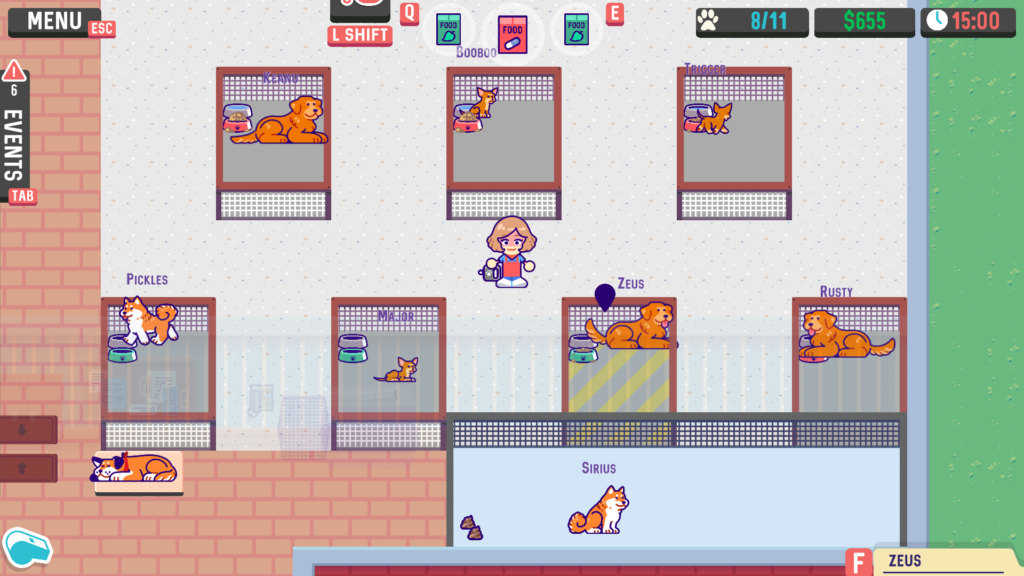
The layout of the shelter can be another way to be proactive. Keeping dogs in individual kennels and leaving space between each kennel can give the player time to react. Once a dog is identified as being sick, players can move them to the medical kennel. This represents moving the dog to quarantine. Dogs housed in the medical kennel won’t spread disease, but they can’t stay there forever.
Treating Disease
To treat a disease, players move the affected dog to the medical table and use the corresponding syringe on the dog to treat them. Treating a sick dog once will remove the disease, and treating them with a second dose while they are healthy will vaccinate them against the disease in the future.
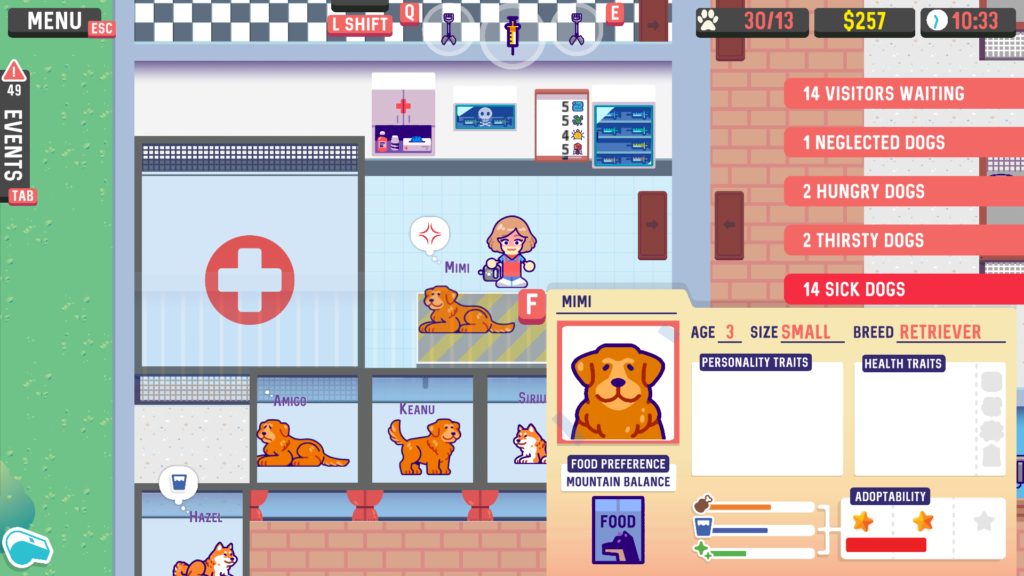
Treating one case of an illness may be simple, but making sure that the necessary precautions are in place is a much more daunting task.
Takeaways
Ultimately, mechanics like diseases and vaccines let us keep the game interesting and dynamic, well into the later stages. Crises provide players with a reason to think about more than just their next action. We think it’s important to make sure they aren’t isolated events though. The player should understand what kinds of risks they face and what kinds of action they can take to avoid or respond to the situations.
Let us know what kinds of ‘complicating’ events would you like to see in a game like To The Rescue!? Additionally, we want to urge everyone more than ever to support their local shelters if they are able. The current pandemic makes it even harder for the organizations supporting animals to do their work and find good homes.
-Tanner
